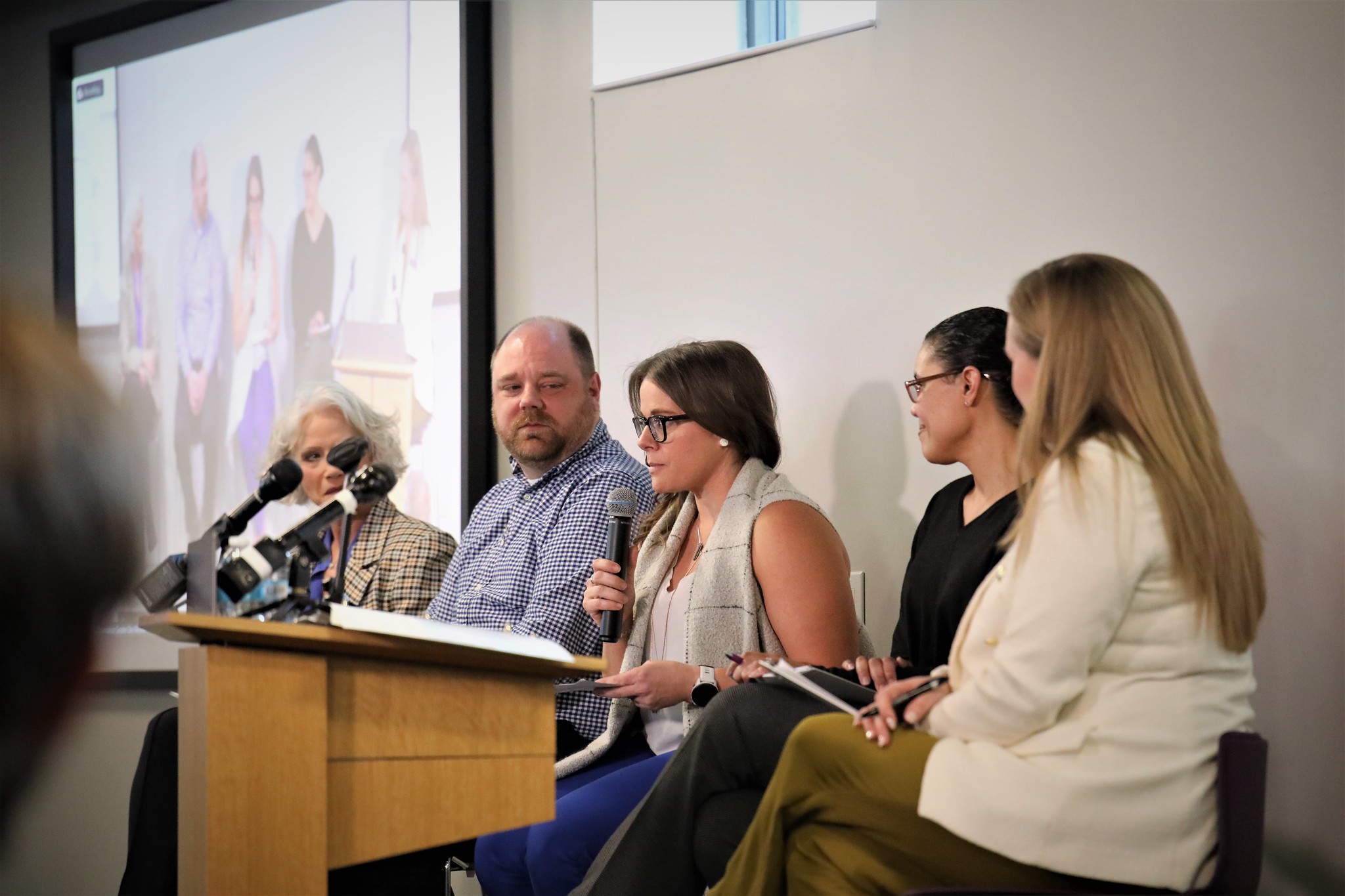Food Insecurity
Overview
United Way of Central Iowa and the Community Foundation of Greater Des Moines convened donors, volunteers, advocates, nonprofit organizations, community leaders, elected officials and people with lived experience beginning in the spring of 2023 to learn more about food insecurity issues that are directly impacting our community and the collaborative approach our community is taking to address them.
In February 2024, United Way of Central Iowa and the Community Foundation of Greater Des Moines unveiled a community-wide food insecurity reduction plan, spearheaded by the Central Iowa Food Security Planning Committee and facilitated by consultants Jordan Vernoy of See What I Mean (SWIM) and Scott Raecker of the Robert D. and Billie Ray Center. The Central Iowa Food Security Plan provides valuable insights into critical community issues that are limiting access to equitable opportunities for EVERY central Iowan.

Summary
The Central Iowa Food Security plan is a comprehensive initiative driven by the collective concern of organizations and individuals across the region regarding rising food insecurity and poverty. Emerging prominently during and after the COVID-19 pandemic, the need for a united, collaborative response prompted the creation of this community-wide plan. The aim is to address food insecurity equitably, respectfully, and with dignity.
Data gathered indicates record levels of food insecurity in the Greater Des Moines area, with notable increases in demand for services. In central Iowa (Polk, Dallas, and Warren counties), 9.7% of the population faces food insecurity, while the rate for children in central Iowa is 14.3%. The plan recognizes economic factors as significant contributors to food insecurity, with rising costs affecting stability.
The plan's foundation lies in an inclusive co-creation process led by the Central Iowa Food Security Planning Committee. Through Planning Committee surveys, community conversations, and widespread input collection, the committee made meaning from stakeholder insights. Stakeholder engagement was multi-faceted, involving deep listening and collaborative efforts to understand the root causes of food insecurity.
The plan’s strategic framework envisions a strong, collaborative, and connected community committed to addressing the root causes of food insecurity. The plan outlines specific goals, tactics, and measurements to guide actions:
- Offer a Welcoming Experience
- Develop and Implement Policy Solutions
- Tell the Story Through Data
- Build a Collaborative Community
A shared accountability model, emphasizing interdependence, transformative actions, and mutual support is recommended to keep moving this work forward. The model encourages regular convenings, fostering trust and collaboration among diverse stakeholders committed to the plan.
The Planning Committee and partners have committed to the plan, emphasizing that food security is a community-wide responsibility. Shared accountability and individual actions are crucial for achieving meaningful impact. The plan, designed to extend beyond community engagement, encourages organizations, companies, and individuals to actively support its implementation.
By embracing shared accountability and taking intentional, collective actions, central Iowa aims to set an example for other communities in addressing the multifaceted challenge of food insecurity.
Goals
After broad community input, the Planning Committee identified themes and crafted goals that were then confirmed by the community:
- Goal 1: Offer a welcoming and dignified experience for neighbors in need of food and services through an accessible and connected network of providers.
- Goal 2: Develop, advocate, and implement policy solutions that are informed by data and voices of people with lived experience to improve the quality of life for neighbors facing food insecurity.
- Goal 3: Tell the story of food insecurity in central Iowa through an intentional, collaborative, and equitable data collection process to better inform services, design, and decision-making.
- Goal 4: Grow stronger together by honoring our neighbors’ lived experience and building a collaborative and connected community.
Join Us
There is a place for every individual and organization within this plan. The plan will be implemented through the OpportUNITY Food Insecurity Workgroup, which meets on the third Wednesday of each month and includes several members of the Planning Committee.